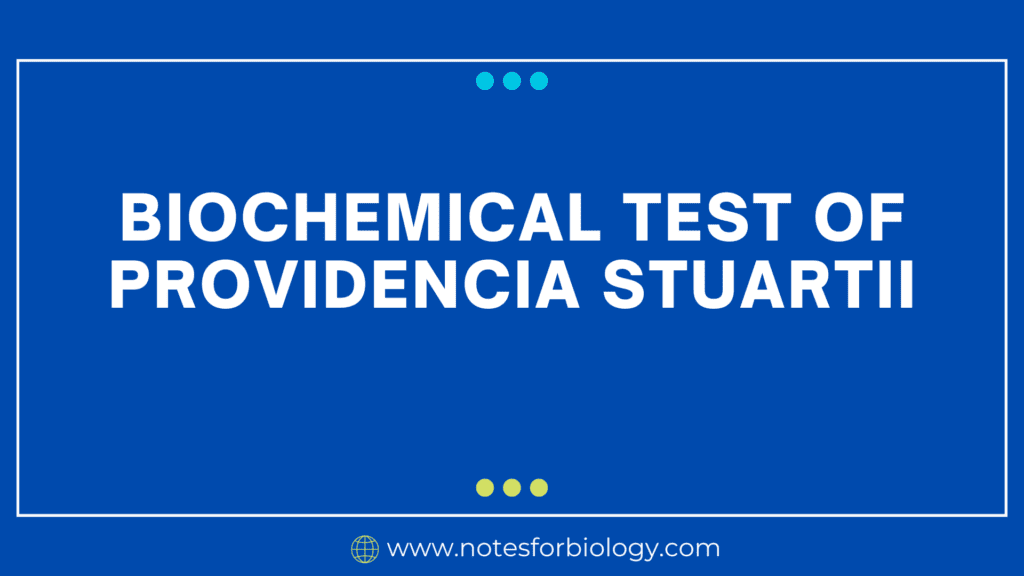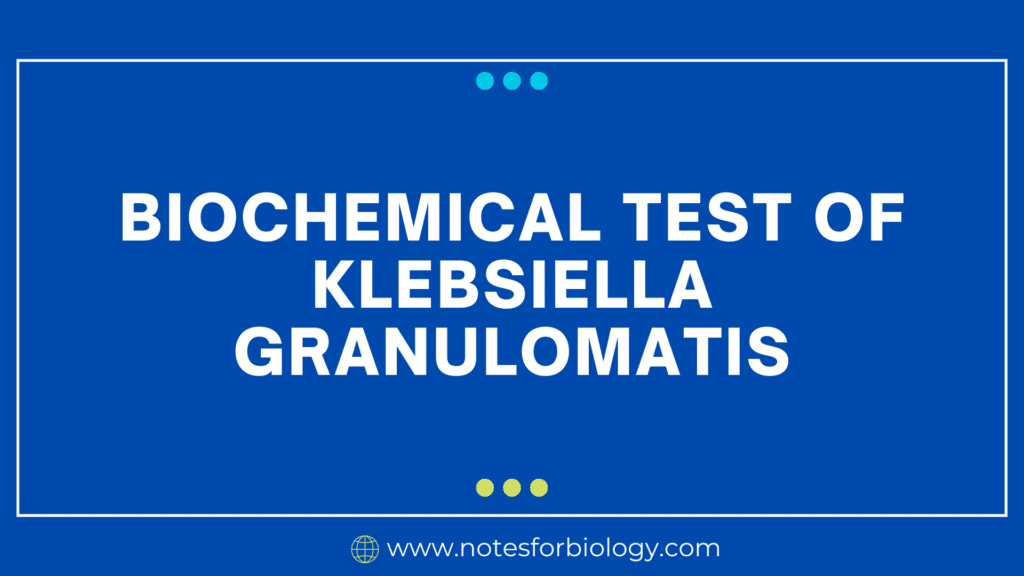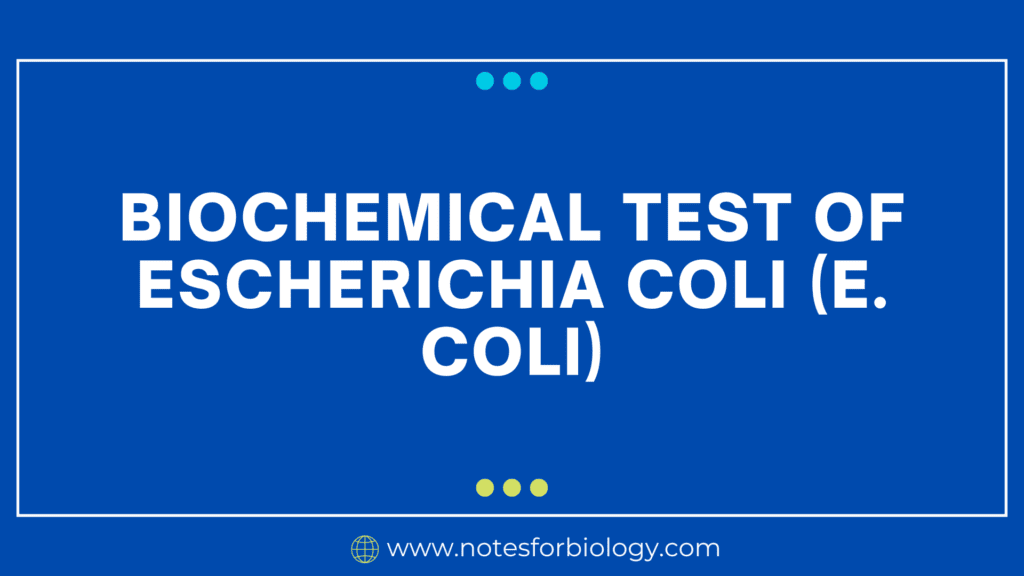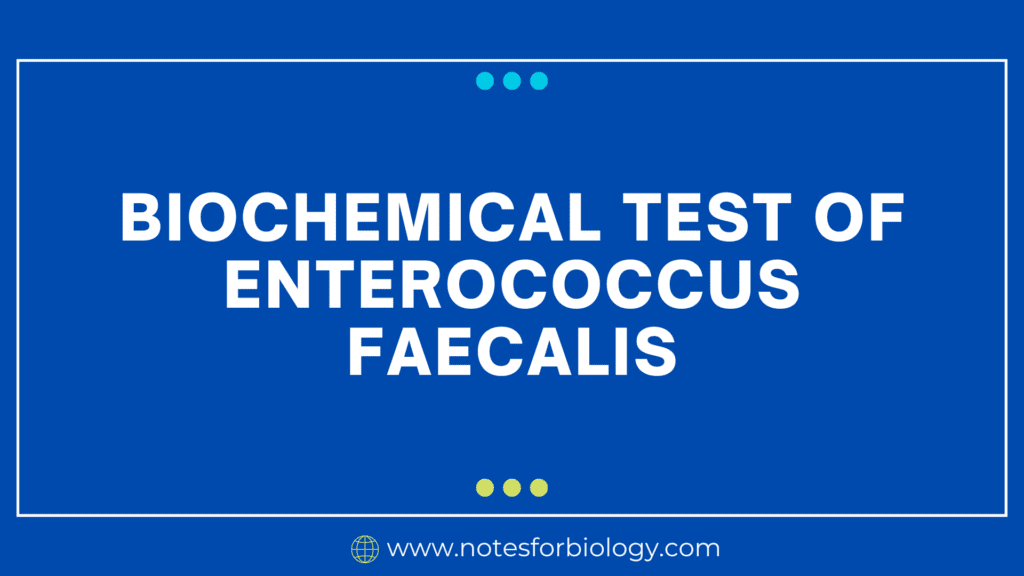Biochemical Test of Providencia stuartii
Providencia stuartii is a Gram-negative rod-shaped bacterium from the Enterobacteriaceae family. It is an opportunistic pathogen that causes urinary tract infections, especially in hospitalized patients and those who have long-term indwelling urinary catheters. What is Providencia stuartii ? Providencia stuartii is a Gram-negative rod-shaped bacterium from the Enterobacteriaceae family. It is classified as an opportunistic […]










